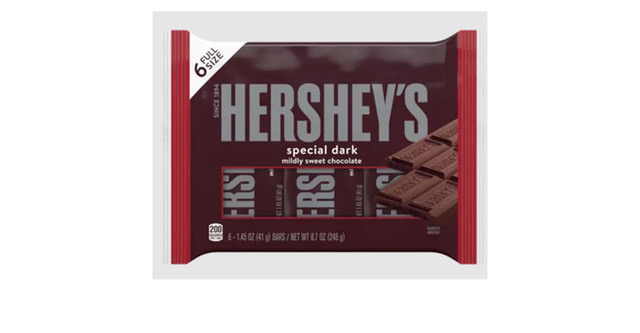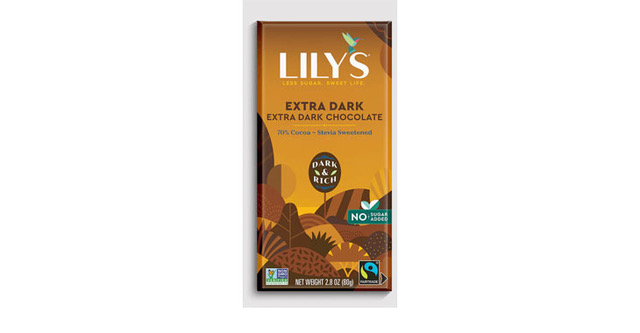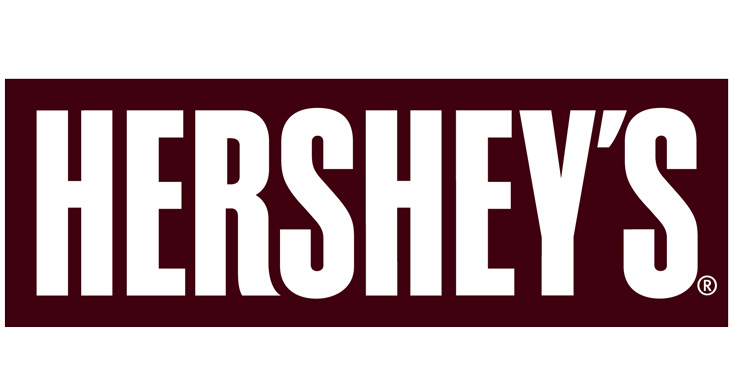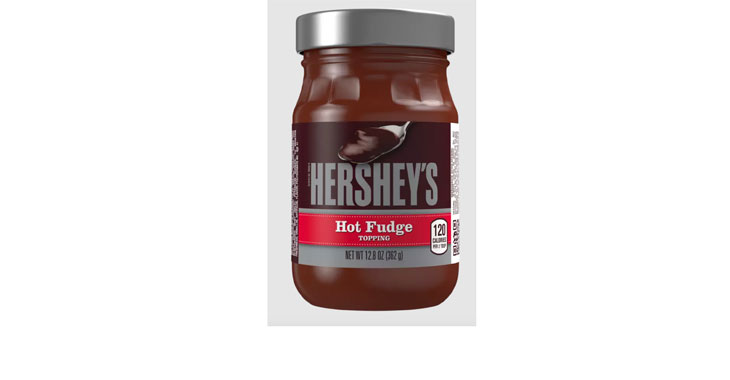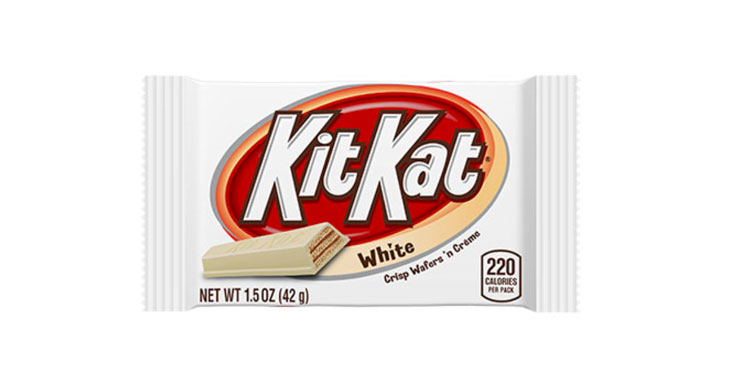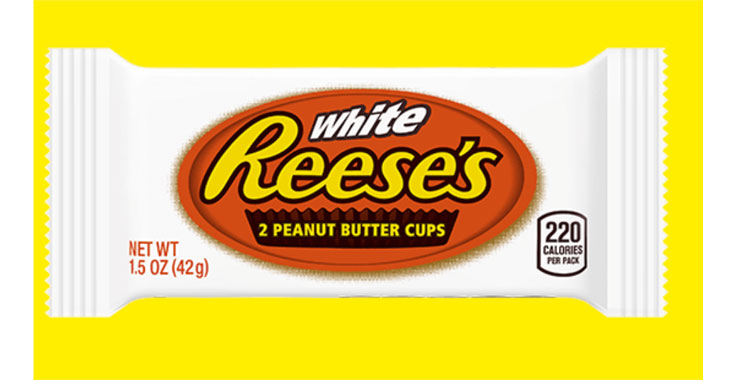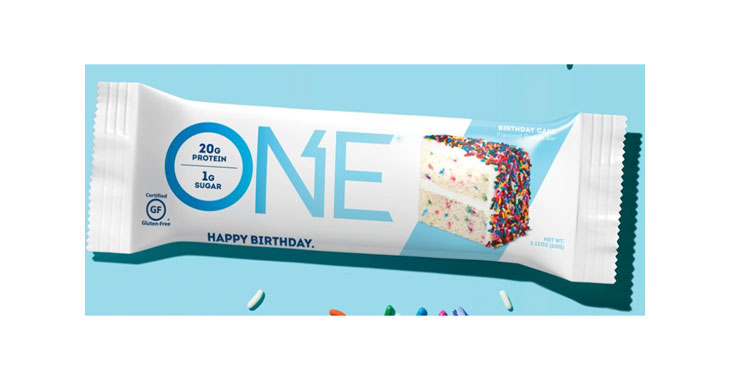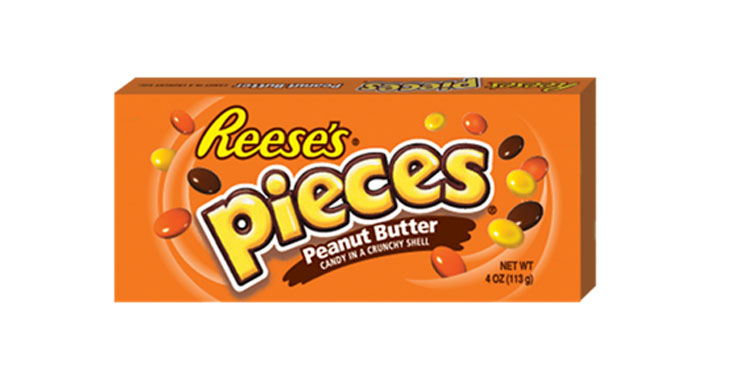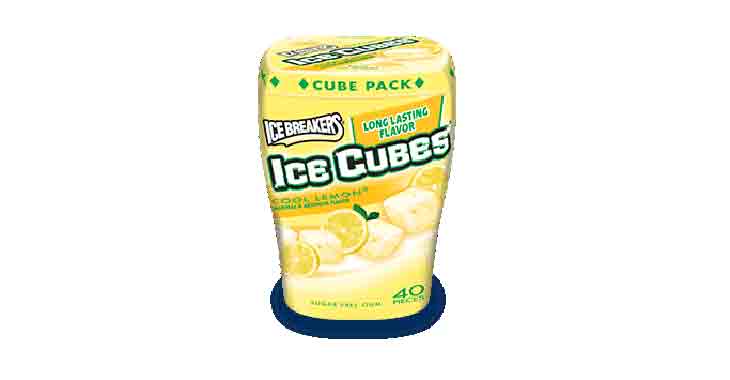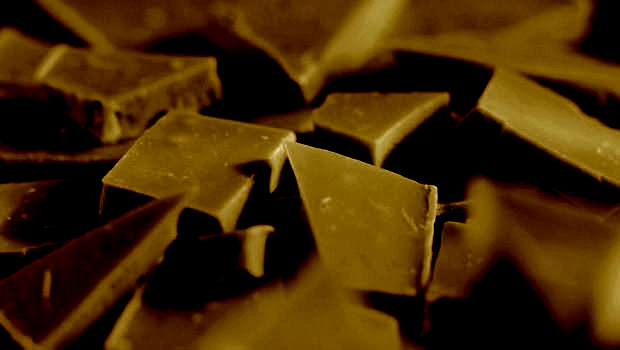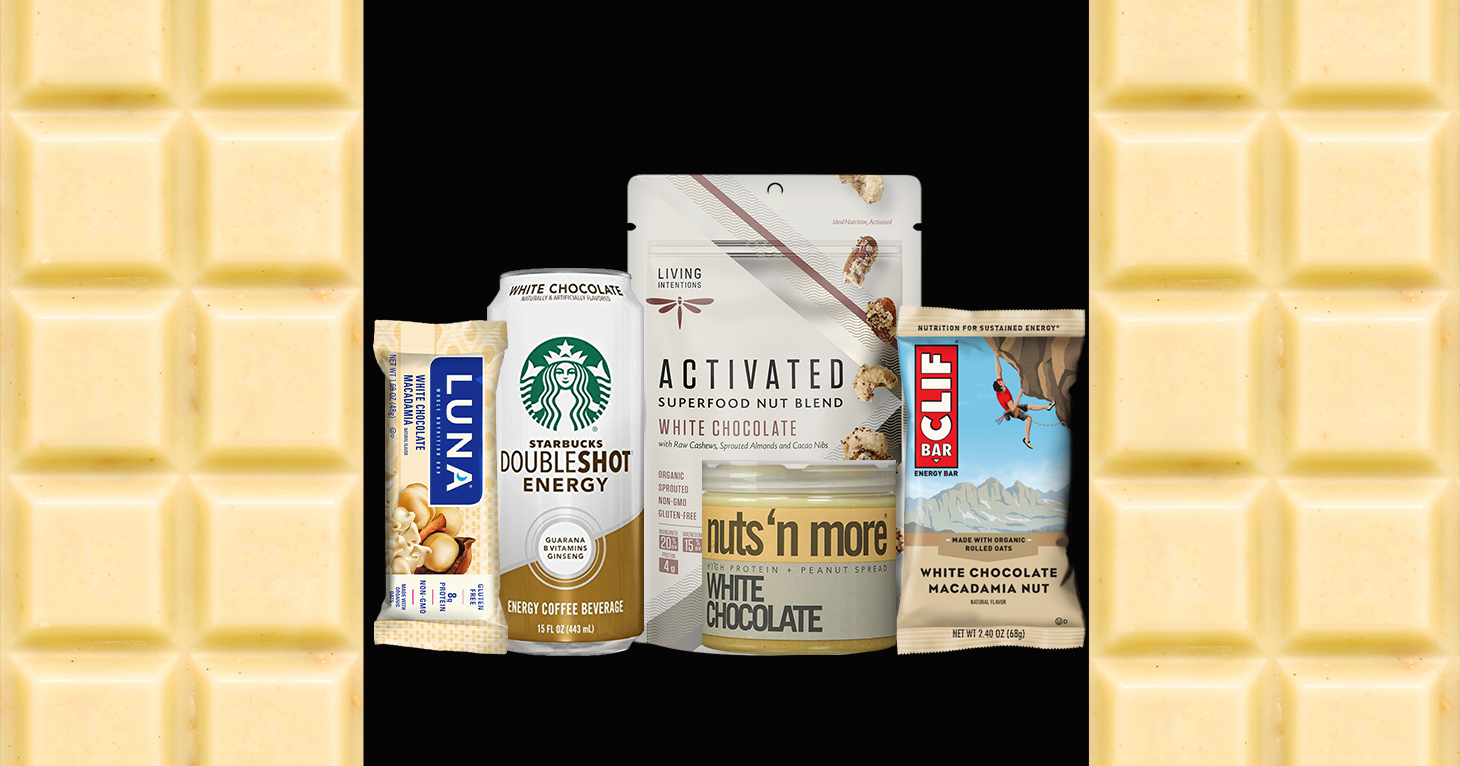
Totally Cool Ice Creams
Allegations: Failing to disclose that products contain a bacterium that could lead to serious health consequences
November 2019: A federal judge granted summary judgment in favor of Hershey concluding that two of the named plaintiffs did not claim that they relied on the alleged misleading representations in making their purchasing decisions, and the third named plaintiff’s injury was not caused by the alleged misleading representations.
April 2019: Plaintiffs filed an amended complaint similarly alleging that the company misleadingly advertises that Brookside Dark Chocolate products contain “No Artificial Flavors” when, according to the complaint, the products contain an artificial flavoring ingredient (d-l malic acid).
October 2018: A class-action lawsuit was filed against The Hershey Company for allegedly falsely advertising that Brookside Dark Chocolate products are flavored only with natural ingredients when, according to the complaint, the products contain the artificial flavor malic acid. (Clark et al v. The Hershey Company, Case No. 18-cv-6113, N. D. CA.)
For more information about other class-action lawsuits filed The Hershey Company and TINA.org’s coverage of the company, click here.
Allegations: Failing to disclose that products contain a bacterium that could lead to serious health consequences
Allegations: Failing to disclose that products contain harmful chemicals
Allegations: Failing to disclose that products contain unsafe levels of lead
Allegations: Failing to disclose important information about chocolate products
Allegations: Misleadingly representing that companies would “phase out” and stop using forced child labor when they continue to use child labor to harvest cocoa
Allegations: Misleadingly marketing the topping as fudge when the product is missing ingredients essential to fudge and contains ingredients not found in fudge
July 2020: A federal judge dismissed this case for lack of subject matter jurisdiction. The judge further concluded that allowing plaintiffs to amend their complaint would be futile because “reasonable…
October 2020: A federal judge dismissed the complaint for failure to state a claim finding that reasonable consumers would not be misled into believing that the product contains white chocolate.…
In January 2019, a class-action lawsuit was filed against One Brands and The Hershey Company alleging that its ONE protein bars – including the Birthday Cake flavor – contain more…
February 2018: A federal judge granted The Hershey Company’s motion for summary judgment finding that the named plaintiff failed to show that the allegedly deceptive practice caused him injury because…
In February 2018, a class-action lawsuit was filed against The Hershey Company for allegedly failing to disclose that the cocoa beans used in chocolate products are the result of child…
April 2017: This action was voluntarily dismissed, the reasons for which have not been disclosed. The named plaintiff’s claims were dismissed When a complaint is dismissed with prejudice, it cannot…
September 2015: The parties agreed to voluntarily dismiss the appeal. The reasons for the dismissal have not been disclosed. April 2015: Plaintiffs filed a Notice of Appeal regarding the November…
December 2015: This action was dismissed When a complaint is dismissed with prejudice, it cannot be refiled.. The reasons for the dismissal have not been disclosed. June 2015: A class-action…
Consumer Reports study sparks class-action lawsuits.
Lawsuits allege brownie brands and others lack the essential dairy ingredients to call their products fudge.
Stocking stuffer alert: These “white chocolate” treats are allegedly missing key ingredients.
Pieces in cups are but fragments of those advertised.
Be on the lookout for everything from walking ads to disappearing candy.
